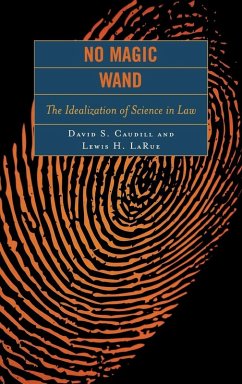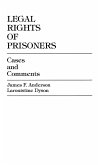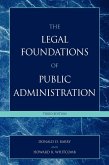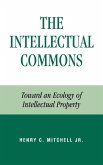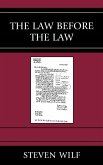Since 1993, Supreme Court precedent has asked judges to serve as gatekeepers to their expert witnesses, admitting only reliable scientific testimony. Lacking a strong background in science, however, some judges admit dubious scientific testimony packages by articulate practitioners, while others reject reliable evidence that is unreasonably portrayed as full of holes. Seeking a balance between undue deference and undeserved skepticism, Caudill and LaRue draw on the philosophy of science to help judges, juries, and advocates better understand its goals and limitations.
Hinweis: Dieser Artikel kann nur an eine deutsche Lieferadresse ausgeliefert werden.
Hinweis: Dieser Artikel kann nur an eine deutsche Lieferadresse ausgeliefert werden.

